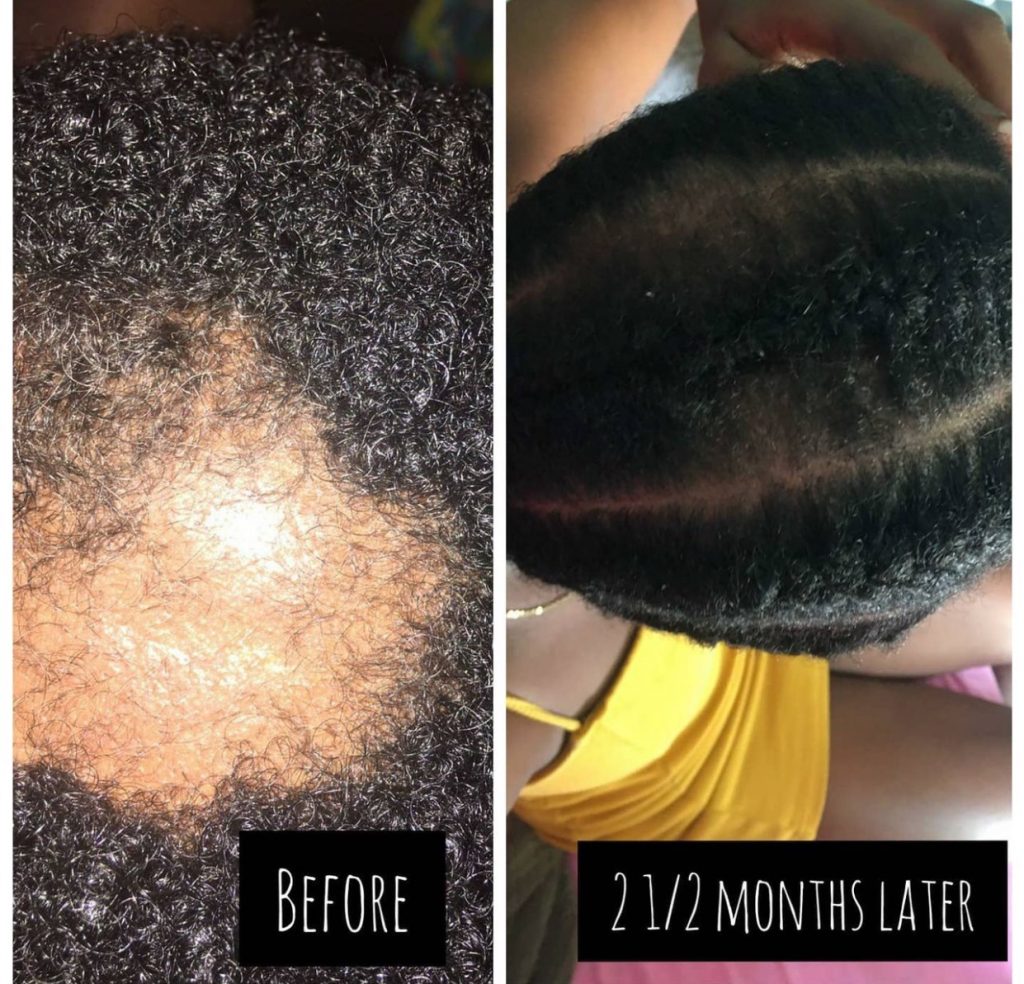
Alopecia in Black Women: Causes and Solutions
Alopecia, a medical condition characterized by hair loss, is a distressing issue that affects many women, including those of African descent. While the causes can be diverse, understanding the underlying factors and exploring potential solutions can empower individuals to manage their hair health.
Causes of Alopecia in Black Women
* Genetics: Hereditary factors play a significant role in alopecia. If a family member has experienced hair loss, the likelihood of developing it increases.
* Hormonal Changes: Hormonal imbalances can contribute to hair shedding. Conditions like polycystic ovary syndrome (PCOS), thyroid disorders, and menopause can disrupt the body’s hormonal equilibrium, leading to hair loss.
* Stress: Chronic stress can trigger a condition known as telogen effluvium, where hair follicles enter a resting phase prematurely, resulting in excessive shedding.
* Traction Alopecia: Overly tight hairstyles, such as braids, weaves, and extensions, can pull on the hair follicles, causing them to weaken and eventually fall out.
* Chemical Damage: Excessive use of harsh chemicals, including relaxers, dyes, and perms, can damage the hair shaft and weaken the follicles, leading to hair loss.
* Nutritional Deficiencies: A lack of essential nutrients, such as iron, zinc, biotin, and vitamin D, can impair hair growth and health.
* Medical Conditions: Certain medical conditions, including autoimmune diseases like lupus and alopecia areata, can cause hair loss.
* Medications: Some medications, such as chemotherapy drugs and blood thinners, can have side effects that lead to hair loss.
Solutions to Alopecia in Black Women
* Consult a Dermatologist: If you’re experiencing significant hair loss, it’s essential to seek professional advice from a dermatologist. They can diagnose the underlying cause and recommend appropriate treatment options.
* Lifestyle Changes: Adopting healthy lifestyle habits can promote hair growth and overall well-being. These include:
* Stress Management: Practice stress-reduction techniques like meditation, yoga, or deep breathing.
* Balanced Diet: Ensure you’re consuming a diet rich in nutrients essential for hair health, such as iron, zinc, biotin, and vitamin D.
* Gentle Hair Care: Avoid excessive heat styling and harsh chemicals. Opt for gentle sulphate free shampoos and conditioners, and minimize the use of tight hairstyles.
* Medical Treatments: Depending on the cause of alopecia, your dermatologist may recommend:
* Topical Medications: Minoxidil and corticosteroids are commonly prescribed to stimulate hair growth and reduce inflammation.
* Oral Medications: In some cases, oral medications like spironolactone or finasteride may be helpful.
* Hormone Therapy: For hormonal imbalances, hormone therapy can be prescribed to regulate hormone levels.
* Hair Restoration Procedures: If hair loss is severe, hair transplantation or laser hair therapy may be considered.
* Protective Hairstyles: Choose hairstyles that minimize tension on the hair follicles. Low-manipulation styles like loose braids, twists, and bantu knots can be protective.
* Supplements: While supplements may not be a substitute for a balanced diet, they can provide additional nutrients to support hair growth. Consult with a healthcare professional before starting any new supplements.
* Try the Ettenio Scalp Reatore every other night on the scalp. Be sure to massage thoroughly to increase blood flow to the scalp.
It’s important to note that the journey to managing alopecia is unique for each individual. Patience and perseverance are key. By understanding the causes and exploring available solutions, Black women can take proactive steps to address hair loss and regain confidence in their appearance.

